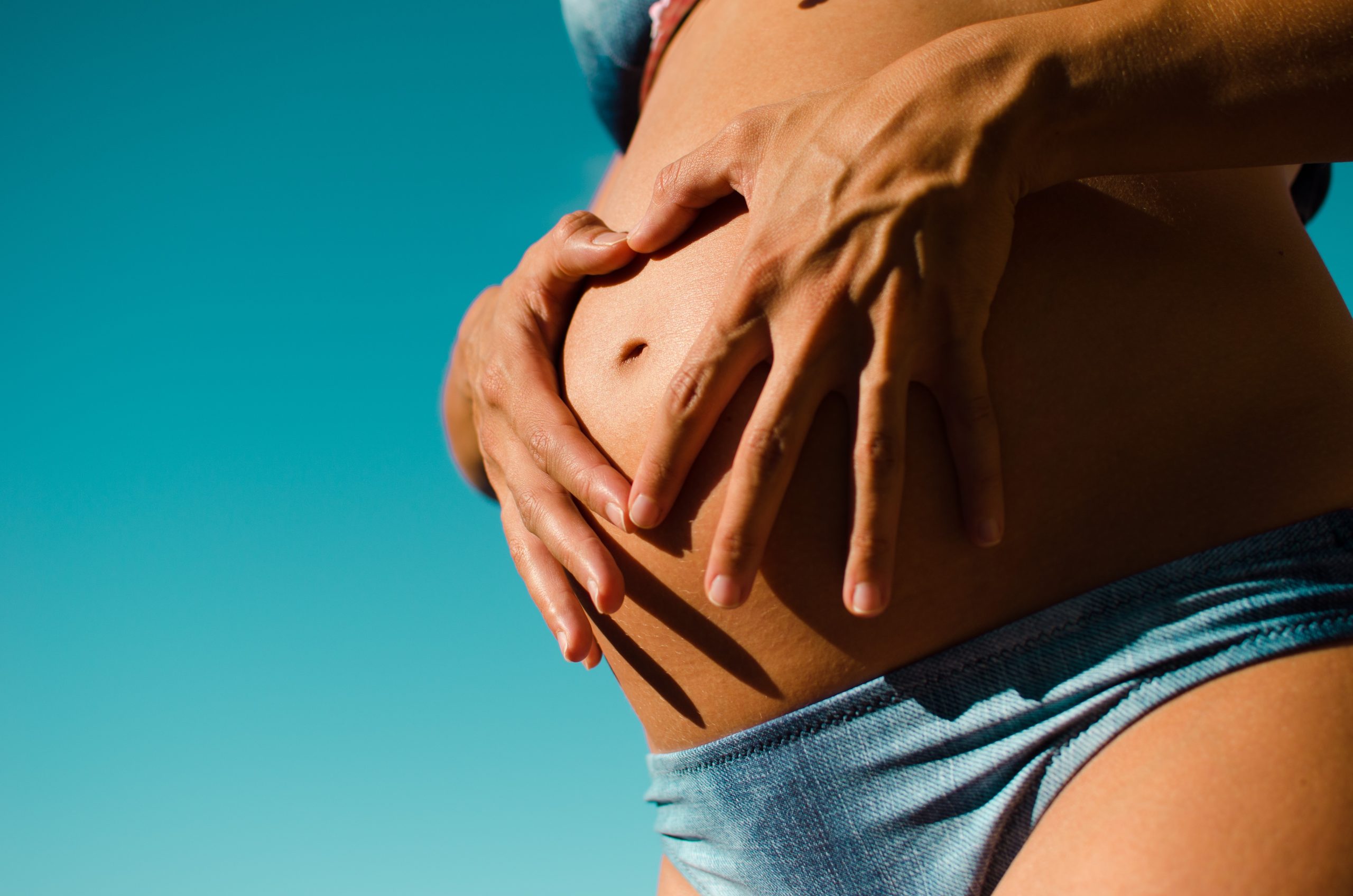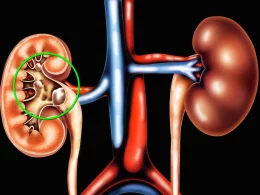Pregnancy is a time when many women pay close attention to their nutrition. Eating well during pregnancy is essential for the health and well-being of both the mother and the baby. It is often said that pregnant women are “eating for two,” but what does that really mean? Here’s a comprehensive look at pregnancy nutrition:
- Calories
During pregnancy, a woman’s calorie needs increase. The exact amount of extra calories needed varies depending on the woman’s pre-pregnancy weight and activity level. In general, most women need an additional 300-500 calories per day during the second and third trimesters. It is important to choose nutrient-dense foods to meet these additional calorie needs.
- Protein
Protein is an essential nutrient during pregnancy. It is important for the growth and development of the baby’s tissues and organs. Pregnant women need approximately 70 grams of protein per day. Good sources of protein include meat, poultry, fish, eggs, beans, and nuts.
- Iron
Iron is important for the production of hemoglobin, which carries oxygen in the blood. Pregnant women need more iron to support the increased blood volume and to provide for the baby’s needs. Good sources of iron include red meat, poultry, fish, beans, and fortified cereals.
- Folate
Folate is important for the development of the baby’s neural tube, which eventually becomes the brain and spinal cord. Pregnant women need approximately 600-800 micrograms of folate per day. Good sources of folate include leafy green vegetables, beans, and fortified cereals.
- Calcium
Calcium is important for the development of the baby’s bones and teeth. Pregnant women need approximately 1,000 milligrams of calcium per day. Good sources of calcium include dairy products, leafy green vegetables, and fortified cereals.
- Omega-3 fatty acids
Omega-3 fatty acids are important for brain and eye development in the baby. Pregnant women should aim to consume 200-300 milligrams of omega-3 fatty acids per day. Good sources of omega-3 fatty acids include fatty fish such as salmon, sardines, and trout.
- Fluids
Drinking plenty of fluids is important during pregnancy. Pregnant women should aim to drink at least 8-10 cups of water per day. In addition to water, fluids can come from other sources such as milk, juice, and soup.
In conclusion, eating well during pregnancy is essential for the health and well-being of both the mother and the baby. A healthy diet that includes a variety of foods from all the food groups can help ensure that the baby receives the nutrients that are necessary for healthy growth and development. Pregnant women should consult with their healthcare provider to develop a healthy eating plan that meets their individual needs. By eating well during pregnancy, women can give their babies the best start in life.










